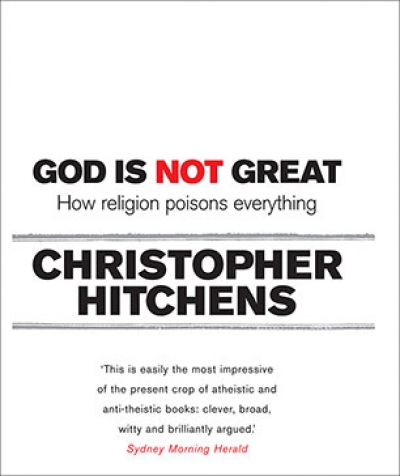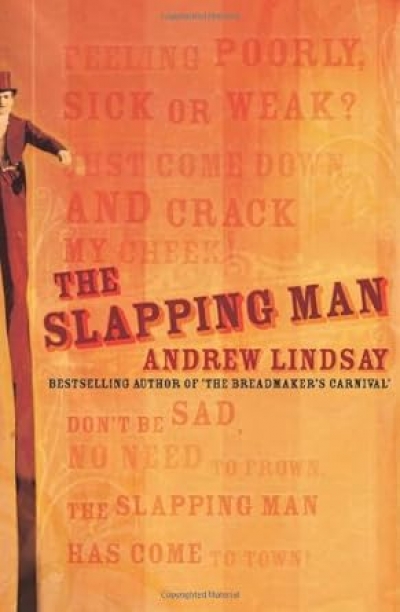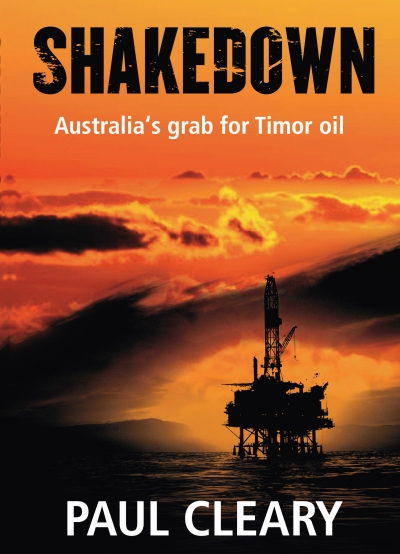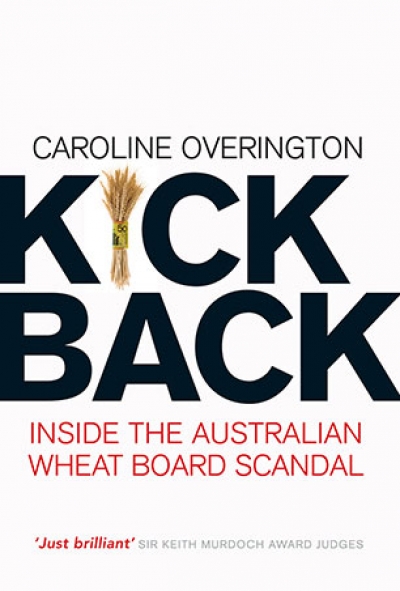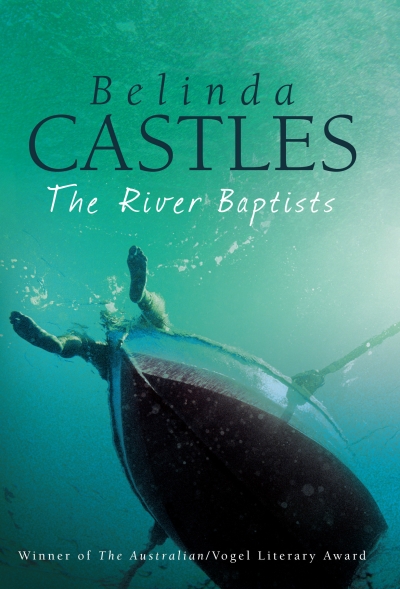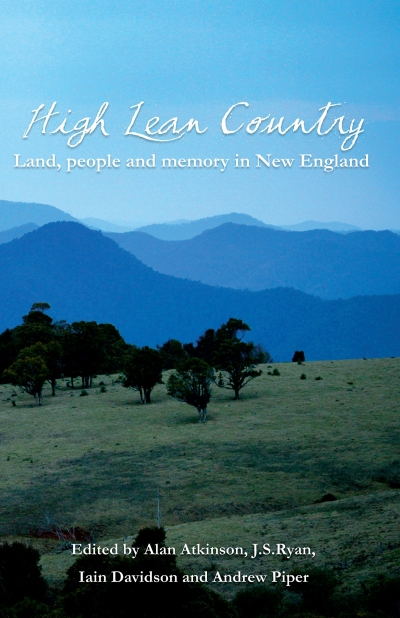Allen & Unwin
God is Not Great: How religion poisons everything by Christopher Hitchens
by Tamas Pataki •
Kickback: Inside the Australian wheat board scandal by Caroline Overington
by John Button •
High Lean Country: Land, people and memory in New England by Alan Atkinson et al.
by Kate McFadyen •
Silencing Dissent: How the Australian government is controlling public opinion and stifling debate edited by Clive Hamilton and Sarah Maddison
by Norman Abjorensen •




